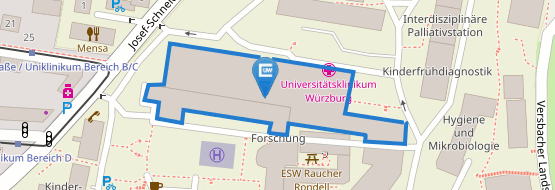Key research infrastructure established in our research groups includes a wealth of technologies for structural biology, as well as for imaging in the life sciences. Here is an overview of the research technologies available at the Rudolf Virchow Center.






